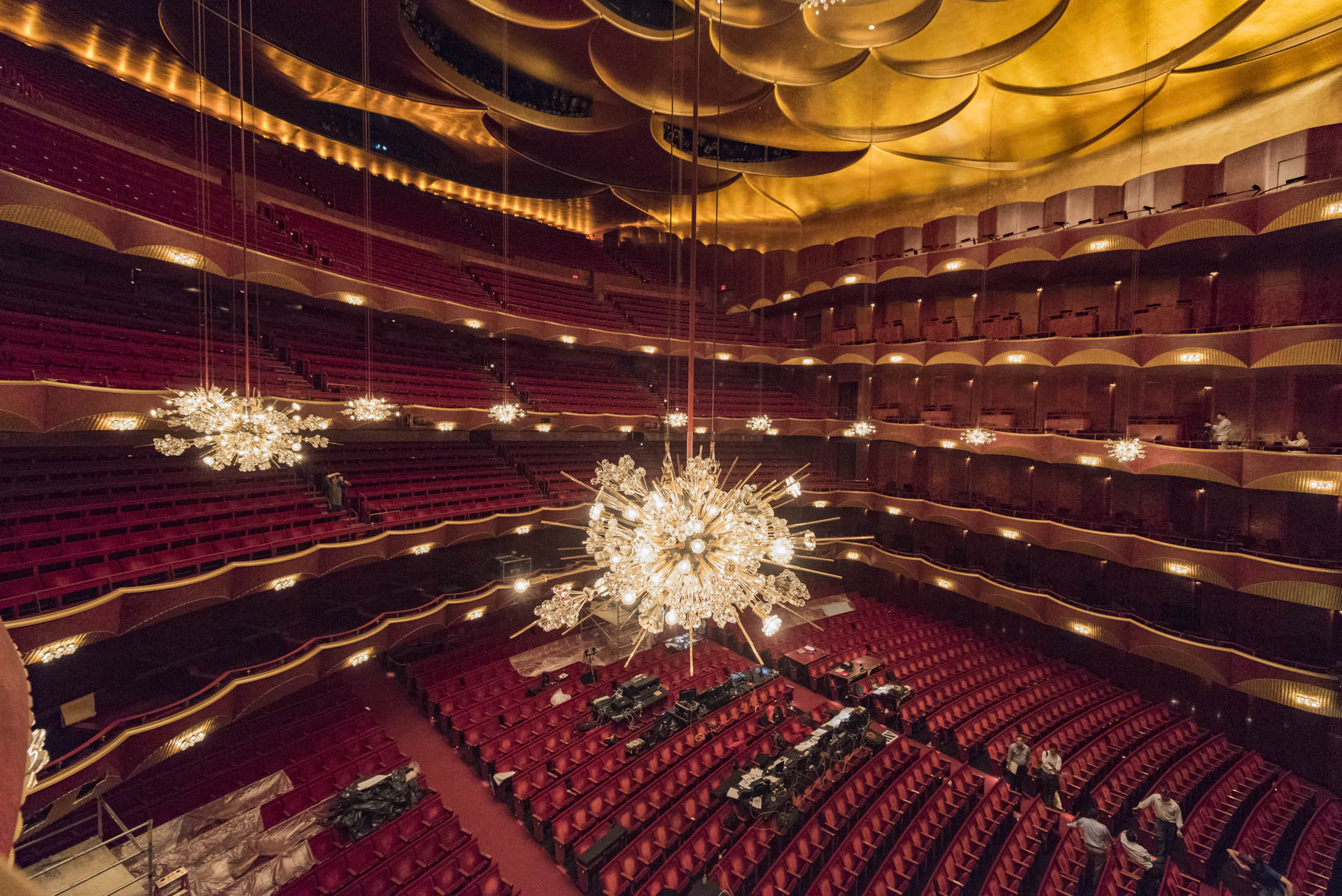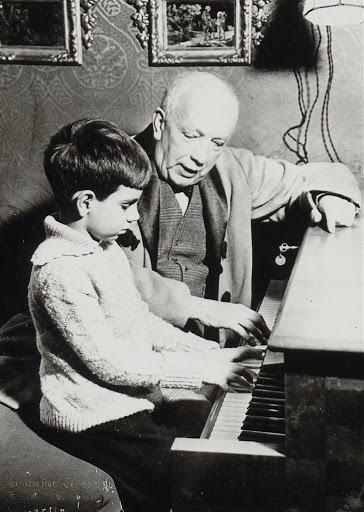Is this the end of opera in America?
mainThe Metropolitan Opera, it is well known, runs a deficit bigger than the entire budget of the next largest US opera company. The US opera industry depends on the Met functioning at full power, drawing foreign stars and attention to the sector as a whole.
When the Met shuts down for a year, as it did today and has never done before, the rest of American opera falls into a coma. Opera goers and donors and administrator in cities far from New York will say, if the Met can’t stay open nor can we.
It is only hours after the Met’s announcement and we are still assessing the consequences, but there is no doubting the severity of the blow for opera in America. In the best-case scenario, it may take years to recover.






Comments